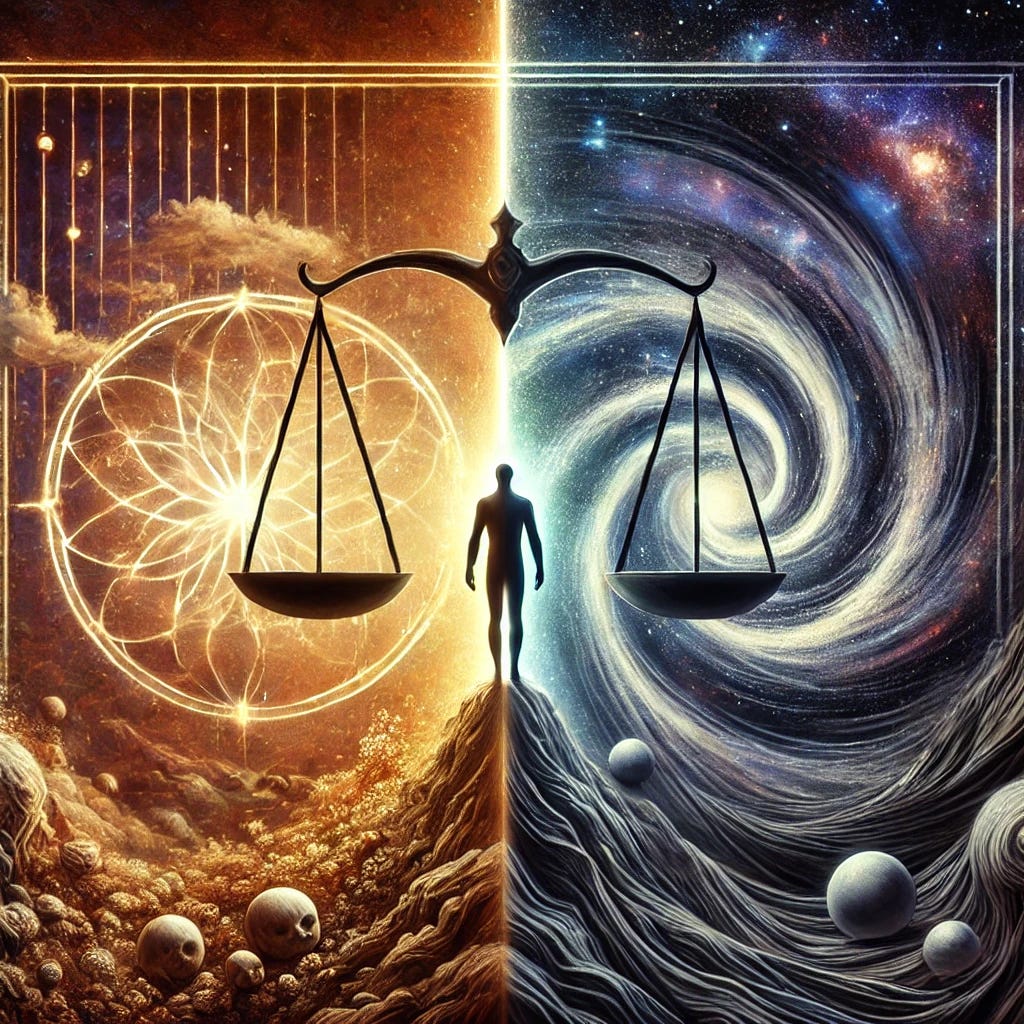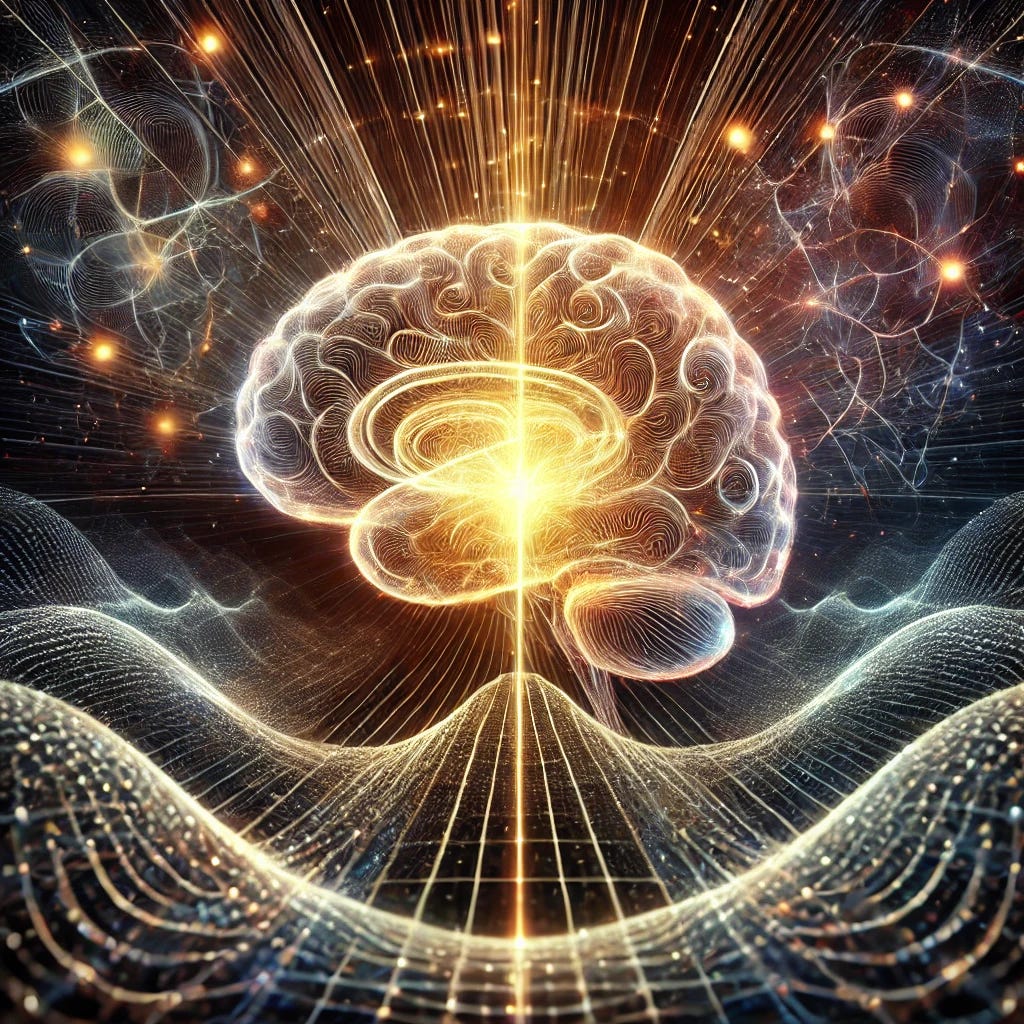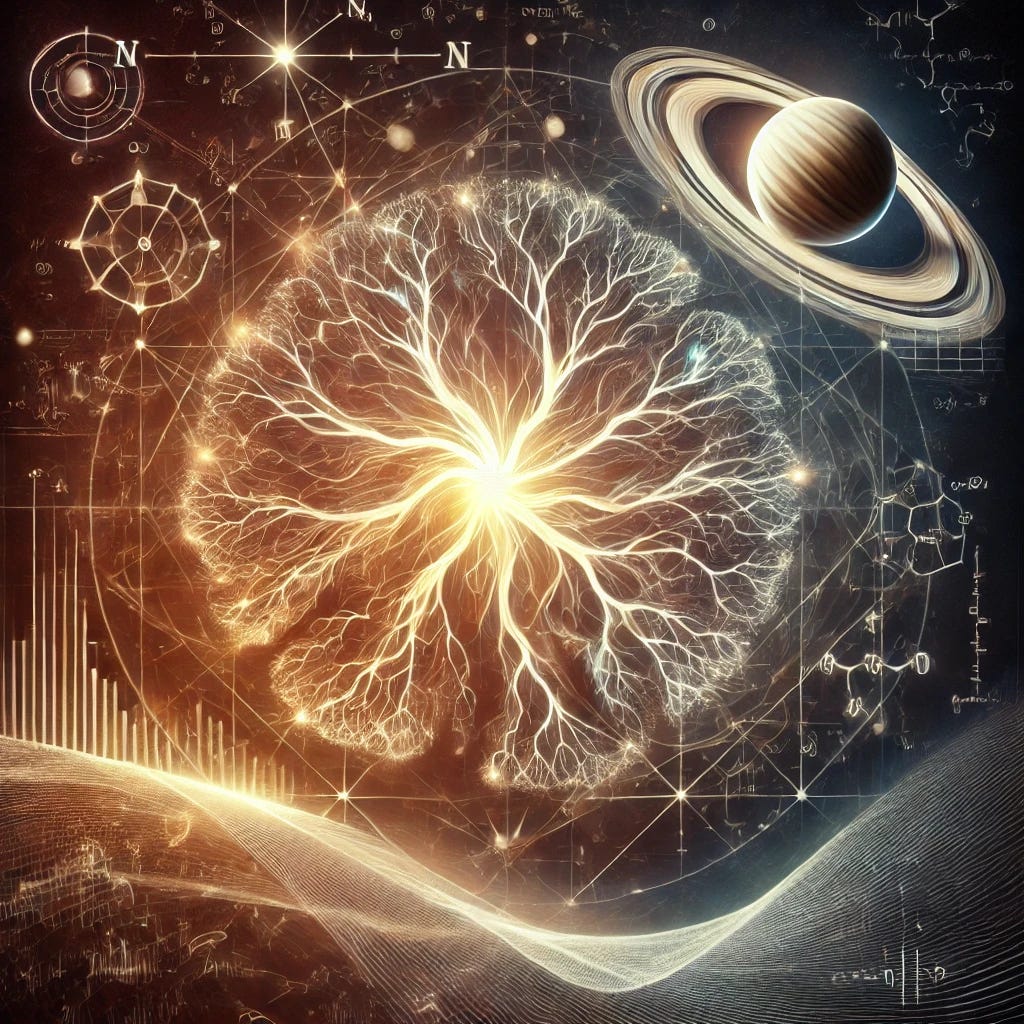It is popular in some circles to claim that no actions are better than any other actions. “Just because it's not your culture” (Though the tide appears to be turning.)
To me. This is assertion is obviously false, because some actions and outcomes result in suffering or death. Which are clearly worse than those which do not produce suffering or death.
I feel compelled to detail why moral relativism is invalid at the deepest level possible.
Those proprietors of moral relativism assert that moral judgments are contingent upon cultural, societal, or individual perspectives, denying the existence of universal moral truths. (Britannica)
Despite this semi-recent rejection of universal morality, research in neuroscience and evolutionary biology suggests that certain moral principles are not only deeply rooted in human consciousness, biology, and culture, challenging the relativistic view, but are innate to physics itself.
The Method: All Layers, All Levels, Hypothetical potential
One of the most effective techniques I've discovered is exploring both sides of every logical fork in hypothetical space. On any logical pathway where there is a fork, explore both paths – what are the results if it's true? What are the results if it's false? Examining both pathways it always possible.
By tracing each possibility to its end, we can see the rich landscape with all potential outcomes plotted. This is helpful for discovering asymmetric outcomes – cases where one path leads to minor consequences while another could be catastrophic or transformative.
Pascal’s Wager is a good example of this method: “If God exists, the consequences of not following his path are grave, where if he does not exist the consequences of following him are net neutral or positive”
The stark difference between these outcomes becomes crucial information itself. Even without knowing which path is true, understanding this asymmetry helps us obtain relevant information when there is uncertainty.
The Destruction of Moral Relativism: Universal Truths through the Existence of Evil
The common post-modern claim denies the existence of universal moral truths, instead arguing what we consider right or wrong is inherently subjective.
Consider my reasonable definition of evil: “Conscious actions to intentionally cause another to suffer”
When we accept that evil exists, we demolish relativism because Evil provides a universal negative frame of reference. Even if you can find edge cases, exceptions do not make the rule. Evil actions are the negative baseline from which to assess the quality of actions taken.
Conversely, if this axiom is rejected, it relieves actors of their burden of choice, making the implicit assertion that life is deterministic (no valid feedback: all actions are morally equivalent). Enabling them and theirs to claim that it is the environment of circumstances that led to the outcome, rather than their willful personal choices.
By positing intentionality, awareness, and consciousness as foundational to reality, and thus defining evil. We reveal that there are in fact universal truths embedded in the fabric of physical reality.
Consciousness, Attention, Intentionality
We need to go deeper, to rediscover consciousness as foundational to reality in order to validate intentionality.
Consciousness, in this context, can be understood as recursive feedback—a self-reflective process arising from the interactions of matter governed by the immutable laws of nature.
At the most fundamental level, I am asserting consciousness is inherent to universal physics (Unified Field Theory), that existence itself is fundamentally a self-interactive/self-reflective medium.
Known today through quantum physics, even a single photon interacts with itself as a wave. (Single Photon - Double Slit Experiment) These recursive/self-interacting fields are scaled and amplified by our neural biochemical pathways. Where predictive models of reality are formed and curated by failure across life’s hundreds of millions of years of existence.
Intentionality, as a more advanced feature of attentive consciousness, arises from the ability to approximate and predict outcomes based on the same recursive feedback loops within matter itself. Being able to predict an outcome successfully enables premeditation, and the capacity to take actions whose results occur in the future. As simple as rolling a rock down a hill knowing it will keep rolling to the bottom.
Levels of Consciousness - Peering into Next Week
Where I’ve previously written about Spiral Dynamics, Ken Willber has created as good a model of consciousness as I have yet found. (Please send a better model) I’ll do a more thorough dive into the layers and levels of consciousness as I understand them in next week’s article.
Recognize that the planck is the minimum fundamental unit of the universe and that makes it discreet “steps”, or “pixels”. Arguments about continuous spectrum are not quite right. If we zoom in deeply enough we discover the rainbow’s beautiful colors can be separated from one wavelength to another in plancks, despite being far beyond the resolution of our eyes.
As such, there are levels of consciousness which can be measured through testing. In their more complex instantiation, we may inconsistently apply different levels to our lives. Since human consciousness does not require perfect coherence or logical consistency. There are mutually exclusive models which can be held simultaneously despite their moral or logical inconsistency.
Post Script
I want to note to the reader that without humans’ Faithful assumption that reality and physics are consistent and knowable, we could never have made it as far as we have come today.
How might we discover and integrate universal moral principles into ourselves?
What role does the scientific mapping of consciousness play in shaping our living moral frameworks?










